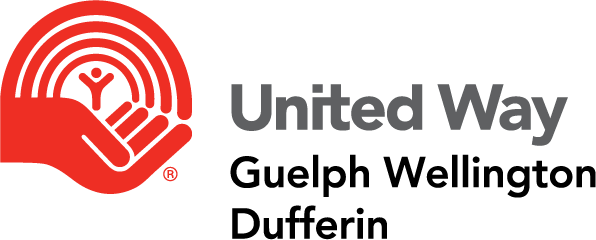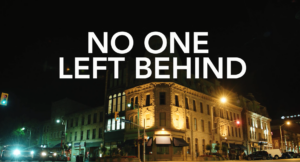In December 2018, the City of Guelph’s Mayor Cam Guthrie announced his plans to establish a Mayor’s Task Force to address issues of homelessness, addictions, and community safety. The goal of the Task Force was to form an action plan that could be implemented quickly and make a measurable impact on the homelessness issue. The hope was to amplify work that was already ongoing, including initiatives and solutions that have been assessed and planned but not implemented (or cancelled when funding ran out).
The Task Force included representatives from the Guelph-Wellington Task Force on Poverty Elimination, the Wellington Guelph Drug Strategy, the County of Wellington, Member of Parliament, Member of Provincial Parliament, United Way and other agencies and leaders who are experts in both the problems and the potential solutions.
The Task Force began its work by hearing from local experts, including shelter directors who shared the stories (using assumed names) of a local youth and adults who are experiencing homelessness. Shelter directors and other agencies reported that there is capacity at Guelph’s emergency shelters, even on the coldest nights, and that hotels and motels are used if shelters reach capacity. The Task Force agreed that issues of homelessness, substance use, and mental health are all related, and that the majority of people in Guelph who are homeless are also experiencing issues with mental health and substance use. A solution requires more than simply adding beds; it involves addressing mental health and addiction needs so that individuals with complex needs are able to maintain housing. Addressing homelessness could also take pressure off other, often more costly services, such as the hospital’s emergency room, EMS, Guelph Police, corrections and court systems, emergency shelters and drop-in centres, and front line health and social services agencies.
Over the course of a few meetings, a priority list of five actions was developed.
Members of the Task Force agreed that the single largest barrier to achieving these priorities was a lack of funding.
After discussion and commitments from community partners, including the City of Guelph, the Waterloo-Wellington Local Health Integration Network (LHIN), County of Wellington, and the Guelph Police Services Board, United Way has committed $150,000 to the Supported Recovery Room and $10,000 to the Welcoming Streets Initiative.
United Way is proud of the work we are able to support happening right here in our community. Thanks to the collaborative effort of many caring and dedicated community partners, programs and solutions are underway to address some very complex issues impacting our community.
With the help of Ward 1 Studios in Guelph, “No One Left Behind” shares the stories of three individuals impacted by homelessness, mental health and addictions, and the work that is being done as a result of the Task Force to help find solutions to these issues. We hope you will take a moment to watch the video below, to learn more about these issues and how you can help. Together, we can make a difference.



